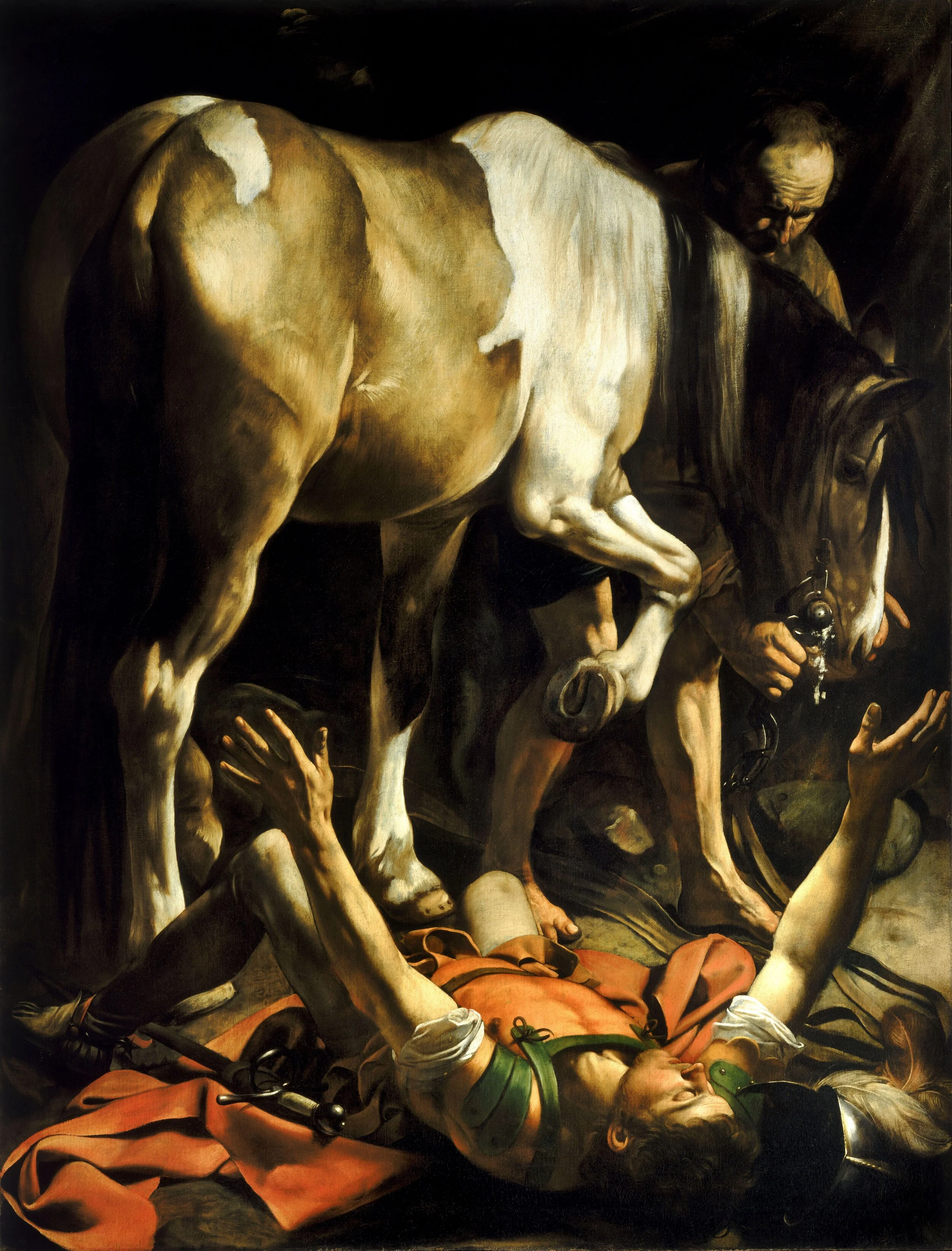There are three categories that I want to consider that could benefit from the ingenuity spurred on by rising secularism: (1) missions, (2) doctrine, and (3) education. Each of these has influenced the Advent Christian church immensely over the years. The doctrines of conditional immortality saw the formation of our denomination. Advent Christians have most often been united in their shared efforts in foreign missions. The denomination’s institutions of higher learning continue to be a source of pride and unity.
Read MoreIn an earlier article, I laid out the basics of the Moral Argument for the existence of God. The most common objection brought by skeptics to the Moral Argument is called the Euthyphro Dilemma. Let’s begin by winding the clock back to the event that is credited with its origin.
Read MoreI believe there is hope because we do have pockets of unity. These strongholds of unity can be found in three areas, which Larkin focuses on and, in my estimation, provides hope for the future.
Read MoreSo I attended a house church.
This was brought about by what had become the routine invitation by an acquaintance. My excuses for not attending finally felt uncomfortable enough that I accepted. I had no real experience with the conduct of house churches, and at the time my life had generally improved having worked towards a habit of not having an opinion, the labor of which being most directed towards events like church. By the time I had found a use for thinking charitably.
Read MoreEarlier today, my friends and colleagues at Gordon-Conwell hosted a retirement luncheon in my honor. It is hard to believe that this was the culmination of 15 years as editor of the Advent Christian Witness followed by 24 years as the Library Director at Gordon-Conwell. Below, I want to share my own reflections which I shared with those assembled at the close of the event. I share them in gratefulness to the Triune God for his providence and care for me over these past many years. I’m not done yet. There is more to do. But this represents the transition to the next stage in my journey of faith. Many of you have shared this with me and I am grateful to you.
Read MoreIn John chapter six we find the record of Jesus miraculously feeding over five thousand people. This, along with his miracles of healing, John calls, "signs." They were signs of the presence of God's Kingdom coming into the world in the person of the Jesus Christ. As such they were pointers to his deity and to his work as God's appointed Messiah.
Read MoreIn “εὐαγγέλιον in Matthew” Jefferson Vann investigates how Matthew uses the word we usually translate “gospel.” In his translation, Jeff substitutes the word “excellent message” for εὐαγγέλιον. Jeff explains why Matthew thought the message was so excellent.
Read MoreOver the past couple of months I have been preaching through Paul’s letter to the Philippians. If you have read this letter yourself, you will likely remember Paul’s repeated theme: rejoice always. Each Sunday we have been in Philippians I have asked the congregation to repeat those words in order that we might firmly cement this basic instruction into our minds. This is incredibly valuable for us since we live in a broken world, surrounded by, and experiencing ourselves, sin, suffering, pain, sorrow, and hardship, among the many other trials of this world. The joy Paul talks about, of course, is not a denial of these things. It is a joy that transcends the sufferings of this world, that enables us to embrace our suffering and say, “Yes, I suffer now, but Christ will carry me through, and one day all will be made right.”
Read MoreWhenever the subject of abortion is brought back to the surface of public conversation, a whirlpool of debate and ethical consternation forms. Certain questions give us pause and leave us feeling uncertain. We ponder, “Are women who get abortions no different than the common murderer?” We ask, “What about those who find themselves in a crisis pregnancy?”
Read MoreLet’s stand in thankfulness for the work done by our Christian forbears and early Church Fathers. They’ve handed down priceless heirlooms born out of the careful study and thoughtful discussion in the early hours of our faith’s birth. Rejection of the creeds is to purposefully separate oneself from foundational Christian orthodoxy carried forward from the days before the legalization of Christianity.
Read MoreIn an earlier article, I laid out the basics of the Moral Argument for the existence of God. The most common objection brought by skeptics to the Moral Argument is called the Euthyphro Dilemma. Let’s begin by winding the clock back to the event that is credited with its origin.
Read MoreThe complementarian straw man is rather simply expressed. It is based, almost universally, on the premise that women and their roles are inferior to men and theirs.
Read MoreI must admit, I chose the title of this post partially in jest, and partially for the shock factor.
This article is both in response and in partnership with Luke Copeland’s recent article: “Long Live the Patriarchy!”
Read MoreThere are two accounts of Saul’s (Paul’s) conversion in the book of Acts that have come under attack…
Read MoreI'm fascinated by things about which I have changed my mind. I bet you've heard politicians and others brag about how they have never changed their minds. Changing your mind about something now is much harder than it was 50 years ago simply because all of us are bombarded with so much information that we have little time for disciplined thinking about things that matter.
Read MoreThe God of oceans and dinosaurs and supernovas is also the God of raindrops, bacteria, and electrons. None is greater than He. But neither is any so enraptured with the smallest details of what we might consider the drudgery of daily existence.
Read MoreFirst, allow me to lay my cards on the table: I am a complementarian.
Read More“Eugene Peterson believed translation is a kind of ‘lectio divina–more than only getting the words right, there is spirit, the vibrancy of the text, the livingness of the message.’ The Bible was not a dead book. It was vibrantly alive” (218). What Peterson was trying to do was paraphrase the biblical text into idioms common to the folks who worshipped at the congregation he served in the Baltimore suburbs and even more to working-class folks like his father, a butcher, and the people he grew up around in Kalispell, Montana.
Read MoreIn “The name” Jefferson Vann explains his reasoning behind how he treats the tetragrammaton – the four letter name of God (יהוה) in the Hebrew Bible.
Read More


















